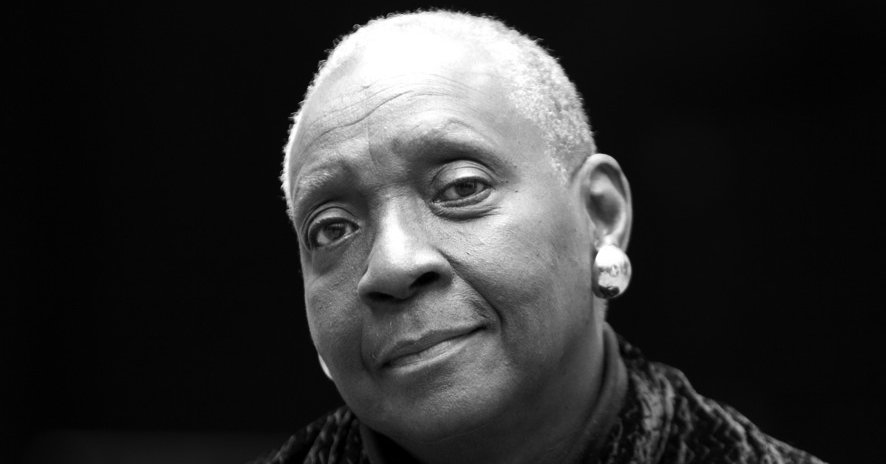
OF MORSELS AND MARVELS
By Maryse Condé
Some years ago, the Guadeloupean novelist Maryse Condé approached her French publisher about writing a cookbook. In the preface to her latest work, “Of Morsels and Marvels,” she conveys her surprise at his negative response. Implicit in his refusal was the notion that cooking, as a subject, couldn’t be considered a literary genre. This left Condé to mull over “the meaningful role cooking had played” throughout her life. “Together with literature,” she writes, “it had been my dominant passion for years.”
Adeptly translated by her husband, Richard Philcox, “Of Morsels and Marvels” is a meditation on the relationship between those two passions. It can also be seen as Condé’s rebuttal to that French publisher or to anyone who would think, as her guests often do when she compares the two pursuits at one of her dinner parties: “How can she be so bold as to compare cooking with literature? It boils down to mixing sheep with goats, jute with silk.” Then, to let us know just how bold she can be, she tells us that “my enduring crime of treason is the subject of this book.”
What follows is a series of essays — sometimes more like memories or musings — that don’t subscribe to a particular classification. They share the theme of travel, since they’re often associated with, but not anchored to, a visited or inhabited locale. Food (although rarely given as much attention as the lives and work of the people Condé meets, her irreconcilable sense of alienation or her thoughts on her writing) is the connector from one place or time to the next.
In much the same way that her fiction has acted as a form of resistance to what she sees as the limitations of postcolonial literature, Condé’s cooking initially emerged as an act of defiance against the fussy strictness of her mother, who asserted that “only stupid people like to cook.”
Her food writing can also be seen as a rebellion against the tropes attached to that genre. In one chapter, she challenges the label “ethno-cuisine,” asking, “What does the word ‘genuine’ mean?” and then wondering if the authenticity attributed to ethnic foods is a useless construct. Similarly, she flouts the expectation that a person of color should write solely about the cooking of her own culture.
Neither does Condé bathe food in the romantic light that renders it a clichéd symbol of nostalgia or exoticism. In fact, she avoids romanticization almost entirely. She may fondly recall barbecues in a hotel courtyard in Macomb, Ga., where “the aroma of grilled meat floated up to the sky like an offering,” but she can be unforgivingly critical of “an insipid vegetable soup, a tasteless chicken and brittle, crumbly plantain fries” she encounters in Cuba, where she claims never to have eaten so badly, or of the “strange dish” known as dal in India that she has “trouble swallowing.”
Condé believes that “whatever one’s origin, one always has the right to appropriate a dish” and that “we should invent, reinvent according to our taste, and recreate according to our imagination.” It’s no surprise, then, that she added cinnamon to Guadeloupe’s national dish, a curried stew made with goat, and that she cherishes the “delightful memory of a Thanksgiving dinner” with American friends where she replaced “the mandatory turkey” with a goose marinated in aged rum and orange juice.
Condé has theorized about what she terms “literary cannibalism,” and in the kitchen she practices what might be called “culinary cannibalism.” These metaphorical acts allow both Condé’s writing and her food to transcend national or cultural delineation. With “Of Morsels and Marvels,” she presents an alternative to the standard culinary memoir, committing an even greater “crime of treason” than that of comparing writing to cooking: She asserts food writing’s rightful place among the literary arts. Both the genre and its readers are all the richer for it.



